I Got Rid of All My Old Journals and Diaries. Here’s Why.
“I have already lost touch with a couple of people I used to be.” — Joan Didion
I started keeping a journal during my sophomore year in high school, and I continued the practice into my young adult years. My journaling dropped off after I got married, started having children, and got busy with professional writing. During the later months of our time spent at home thanks to COVID, I pulled my journals off the closet shelf where they’d sat for years, and I gave them all a read-through.
Some people might consider that pile of hardcover journals I filled over the years to be a treasure, something to save for my grandchildren and great-grandchildren to read. My journals documented my coming of age. They told of milestone birthdays, school events, family vacations, jobs, and graduations. Sometimes they chronicled holiday dinner menus, Christmas gifts, and high school class schedules long lost to the recesses of my memory.
However, after careful reading and consideration, I decided not to keep my journals. I based my decision on the following question:
Do my old journals or diaries make me feel happy? Or something else?
While my journals chronicled some good and interesting things, they also had a darker side. They were loaded with immaturity, teen angst, poor choices, craziness about boys, friend drama, personal annoyances, expressions of loneliness, and real and perceived hurts. The me on display in my journals did not always match the person my family and friends would have seen. I used writing as a vehicle for processing private, personal emotions, so the tone in my journals could be negative, sad, overdramatic, or mean. I tended to write as much about feelings as events, sometimes skipping entirely over major life events in favor of laser-focused emotional venting over personal problems or circumstances.
Journaling felt therapeutic at the time, but that was before my prefrontal cortex was fully mature. It was plain that these were not writings I was proud of, nor would I want my children and future generations reading them someday.
To put it in Marie Kondo terms, my old journals did not spark joy. Instead, they put me in an emotional funk as I’d ruminate about things that happened 25 years ago. My journals evoked a mixture of pleasant nostalgia, a sense of my own naivety at the time, and mortification. I didn’t feel better or enriched after re-reading portions of them.
What to do with old journals?
I had three options when it came to dealing with my old journals:
- Do nothing. I could keep all of my original journals in their entirety. I could put them back on the shelf and resign myself to waiting for future generations to find them.
- Clean them up. I could type them up in a Word document but edit out anything I didn’t want preserved for posterity, and then throw away the originals. Basically make my old writings presentable.
- Trash them. I could throw them all away. The nuclear option.
I gave serious thought to second option: typing the better parts of all my journals in a Word document to save long-term. However, the idea of editing my younger self that severely felt inauthentic. I also didn’t think there was enough content actually worth saving.
I discovered I am not the first person to consider the third option. My husband admitted that he threw out his old journals just before we got married 17 years ago. He re-read his, thought the same about his journaling as I thought of my own, and decided he didn’t want to keep them. It’s ironic because, while he’s not a pack rat by any means, he’s the one of us who is more likely to hold onto things or to say, “Will we need that eventually?” I’m the one who loves to purge excess clutter.
So, I chose option number three: throw them all away (with one possible exception). It was both a mental and physical purging. The only exception was my last journal, which chronicles how I met and got engaged to my husband. I saved that last journal with potential plans to type up parts of it (maybe) before I trash the rest of it.
But before I threw them away …
Before throwing my old journals away, though, I took time to carefully re-read each of them one final time. I wanted to spend time with them, to imprint them on my memory one last time. It was a way of saying goodbye and processing what they contained. Re-reading my journals was both bittersweet and cathartic. I was thrust back into a former version of myself, recalling memories and events with vivid details.
This process wasn’t always pleasant, but it offered valuable insight into how I developed as a person and who I am now. I learned some things about myself and about other people that I could only understand after the passage of time, such as:
- I’m happier when I embrace my introverted personality and don’t try to be someone I’m not. It’s okay to not strive to be popular or the life of the party.
- I’m a healthier person when I set boundaries. It’s okay not to be friends with everyone. It’s okay to not be a people pleaser.
- I may have had some less-than-graceful early dating experiences, but they clarified what kind of person I wanted to marry … and exactly who I did not want to marry.
- It’s good to not be arrogant about anything, no matter how strong your convictions are. You can be confident of something without being a jerk.
- I have always enjoyed writing.
Do What Works for You, and Don’t Feel Guilty
Some people might cringe at the idea of tossing out years of personal journals. All those memories — all those records of who you were — simply gone. But I would ask whether those memories were worth keeping in that particular written form. If they make you feel bad about yourself, or embarrassed, or sad, are they really worth keeping and revisiting and sharing with your descendants?
As a writer, I also know there is no shortage of material in my head and in the world around me. I’m not going to derail my writing career because I disposed of my old journals. There is always more creative material to be found.
A relative in her 60s confided to me that she also got rid of her old journals because she didn’t feel good when she re-read them. She feels she is a different and better person now, and she didn’t like the mental and emotional places her old writings took her to. She plans to write her own personal memoir in the coming years, starting with her early childhood years and leading to the present. To me, that seems like a better thing to leave for my children and grandchildren. Perhaps I’ll try my hand at writing my own memoir in my golden years.
In the meantime, I feel no regret about reading my journals one last time and then tossing them. If you’re thinking of doing the same thing but are struggling with feelings of guilt about doing so, don’t worry about it. To channel Marie Kondo, do what sparks joy.


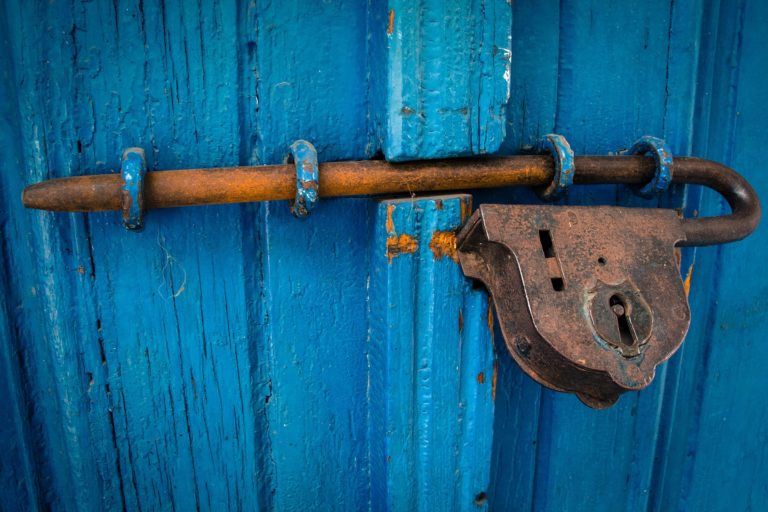
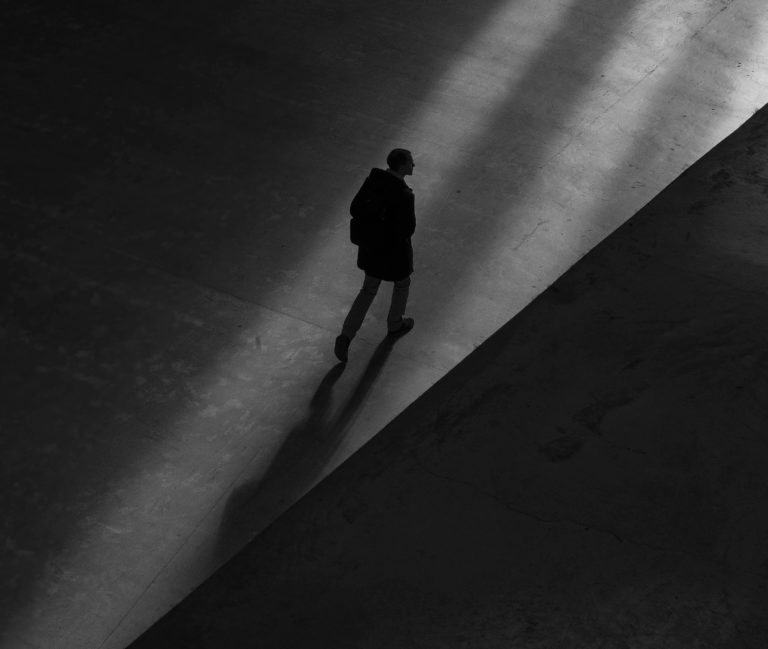
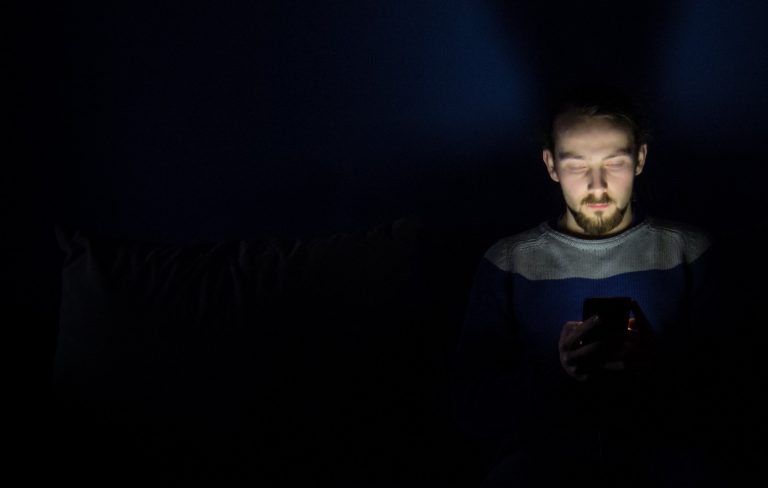

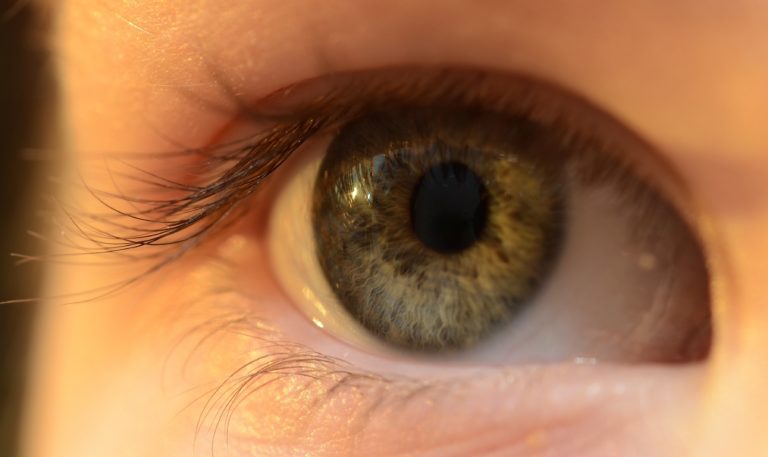
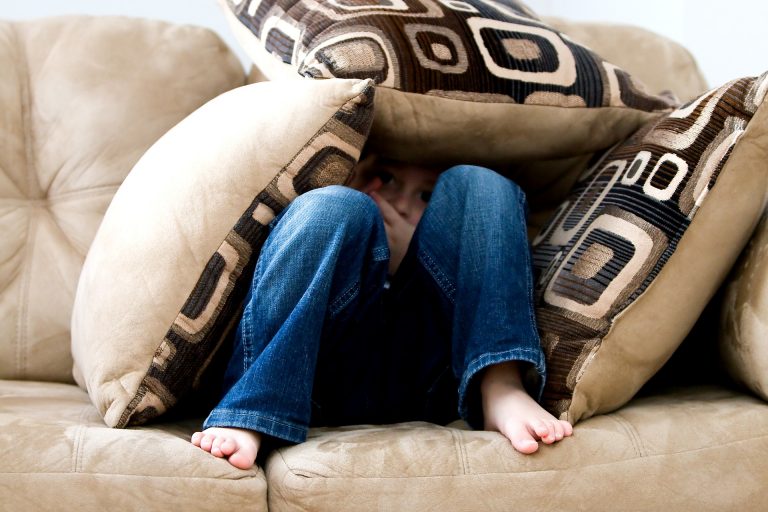
I did the same, i read through some and decided enough I am in such a different place nowadays and at piece so I ripped out all the pages and burnt them goodbye 👋
Thank you for this. I am in the process of clearing out unnecessary paperwork. This really helped me with deciding to get rid of a lot of personal writings. It’s difficult. I don’t have any guilt. I just feel like I’m losing a part of me when I get rid of these. But I’m not. That was another me and another past life so to speak.
Glad to be of help!